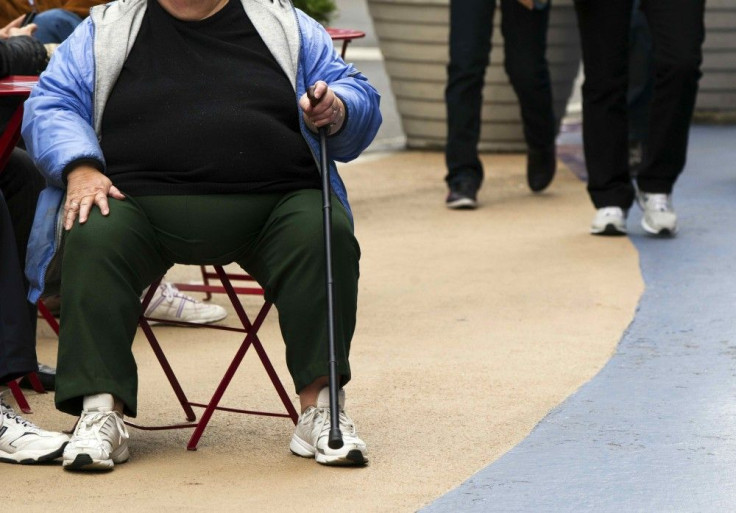Australia's High Life Expectancy May be Shortened with Rising Obesity Rates

Australians may have a longer life expectancy but health experts warn obesity and type 2 diabetes can affect future statistics. Health experts from the Council of Australian Governments (COAG) have released its final report on the country's healthcare reform in five years. The council was one of the organisations axed because of the new budget.
The COAG has outlined six areas of concern including obesity and Type 2 diabetes. According to COAG reform council chair John Brumby, almost 63 per cent of adults in Australia are either overweight or obese. Health experts found one in 25 Aussies are living with type 2 diabetes which is a condition linked with obesity.
The report said that a quarter of those who have the disease do not know they have it while those who are aware have found it difficult to manage their condition.
Despite the rising obesity rates, Mr Brumby said Australia's life expectancy has increased, while smoking rates are falling. He said emergency department waiting times in the country have improved. The report also said the rate of strokes and heart attacks have also declined.
The Organisation for Economic Development (OECD) has described the country's healthcare progress as "astonishing" and a great example to the rest of the world. Mr Brumby said the number of child and infant deaths have declined by 20 per cent between 2007 and 2012.
Life expectancy rate at risk
Australian men have the third longest life expectancy in the world based on new statistics from the World Health Organisation (WHO). The country's male population has been found to live longer than men in most countries at up to an average of 80.5 years. Australian women ranked sixth in the world in the same report, with the females outliving the males at an average age of 84.6 years. According to WHO, life expectancy has increased on a global scale. A female born in 2012 can live up to 73 years compared to a man with 68 years.
Australians were found to be "alarmingly obese, with seven in 10 men found to be 'fat'". In a recent report regarding worldwide obesity, health experts were horrified with the latest statistics stressing life expectancy may be reversed if people do not take drastic action.




















